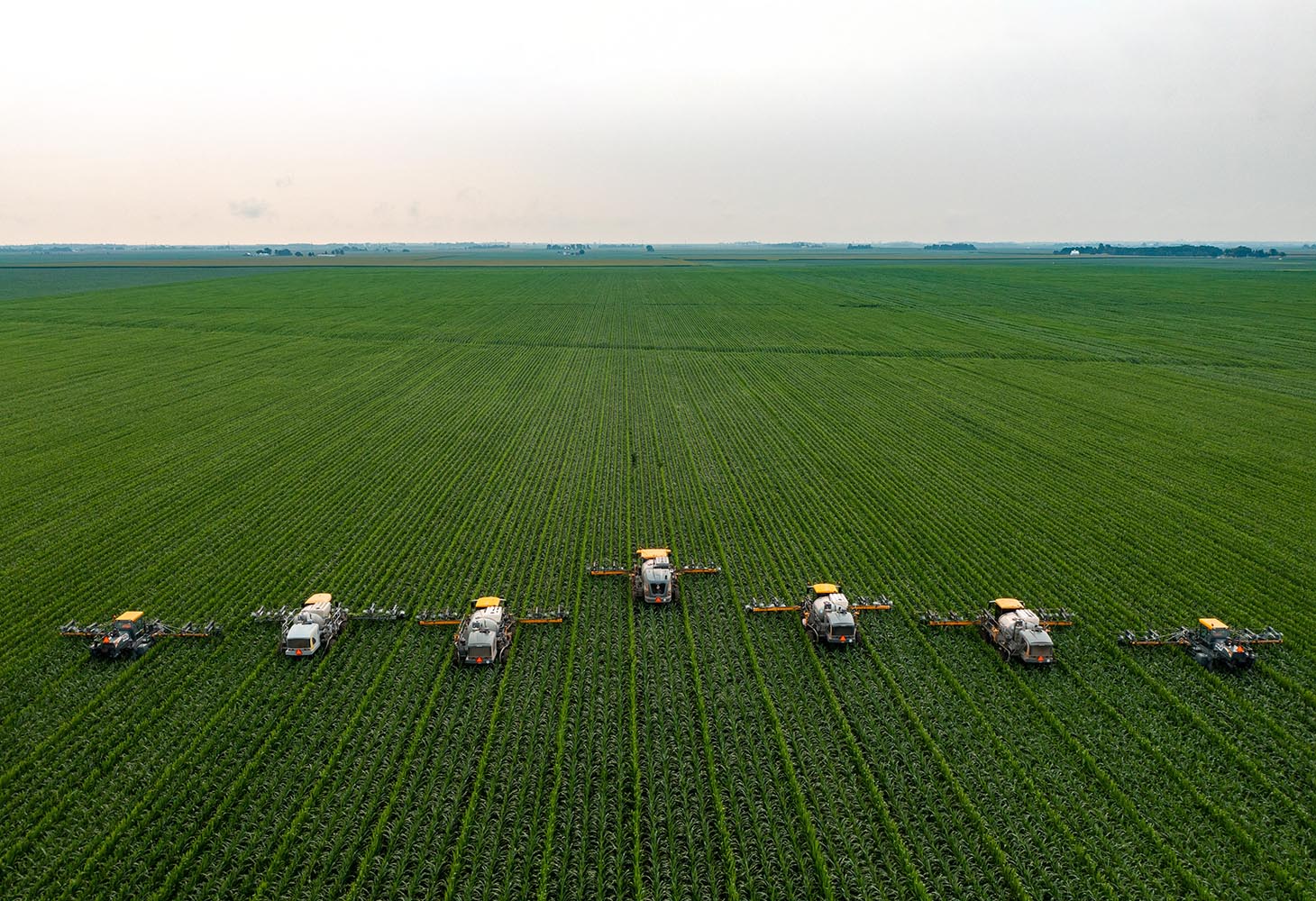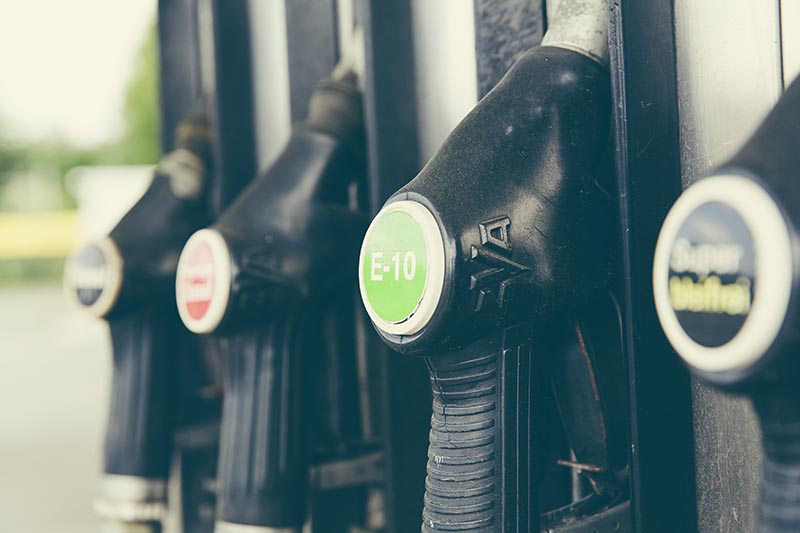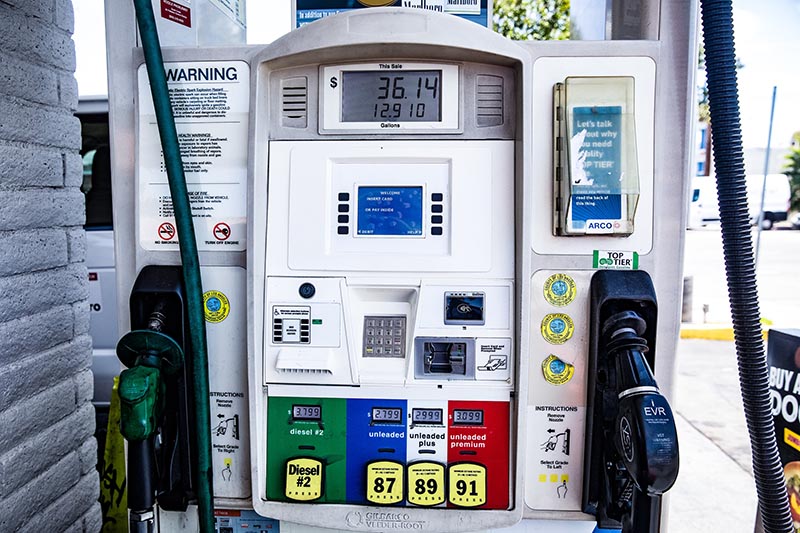
Mandatory blending contributes to high cost of transport fuels
Decarbonisation of the transport industry is extremely difficult. Our society is entangled in high carbon infrastructure and lifestyles, transport demand is closely linked to population and economic growth, and the bulk of existing transportation continues to be reliant on fossil fuels. There is also a collective sense of entitlement around transportation and the status quo.
Many different perspectives exist on the best way to decarbonise transportation. Biofuel is often hailed as a renewable, low-emissions option that will immediately reduce greenhouse gas (GHG) emissions. Biodiesel and ethanol are the most common biofuel options used today and are manufactured by distilling and refining feedstocks such as cooking fats, vegetable oils and crops.
Nevertheless, a paper published in June 2022 by Europe’s leading clean transport campaign group, Transport & Environment (T&E), has slammed biofuels as a “harmful and expensive distraction to road transport decarbonisation.” The lobby group submitted that Europe is wasting billions on biofuels that could otherwise be spent on the transition to “real sustainability in transport.” T&E’s paper underlines an urgent need for a rapid acceleration of electrification in transport.

The non-profit and politically independent group has called on the European Commission, the Council and the European Parliament to “immediately halt the use of crops in biofuels and to strictly limit the mandates for advanced and waste-based biofuels.”
While this fierce rebuke of biofuels may have come as a surprise to many, T&E has been critical of the impact of biofuels for some time. Analysis completed by the organisation in 2016 found that using biodiesel for transport was set to increase Europe’s overall transport emissions by almost 4%. Jos Dings, executive director of T&E at the time, suggested that “the cure is plainly worse than the disease.”
The 2022 report emphasised that biofuels are damaging to the climate and biodiversity. It also stressed that biofuels were needlessly increasing overall fuel costs and driving up food prices. Though, the authors noted the difficulty of calculating the contribution to total wholesale prices due to wide variances in markups, taxation and duties in different jurisdictions.
Biofuels have consistently been more expensive than incumbent fossil fuels and mandatory blending is contributing to high fuel costs in transport. The energy delivered by biodiesel is between 70% and 130% more expensive than fossil diesel, depending on the feedstock, says T&E. T&E’s report compares the price of biofuels and their fossil fuel equivalent on an energy basis, rather than mass or volume, as biofuels have a lower energy density.
Pre-pandemic, biodiesel was 72% more expensive than diesel fuel on a wholesale level. A massive price spike in all fuel costs in 2021 and 2022 has disproportionately impacted biofuels. Ethanol prices also skyrocketed at times during the pandemic due to escalating demand for disinfectants, says T&E.
The paper also highlighted the impacts of the Ukraine war. Fossil fuels have been heavily impacted by the conflict; however, sharp price rises in many of the feedstocks used for biofuels have increased the price disparity with fossil fuels.
Vegetable oil-based biodiesel was almost 100% more expensive than fossil diesel in May 2022, and animal fat and cooking oil-derived biofuels came with premiums of up to 130%. Modelling completed by T&E indicates that fossil fuels blended with biofuels cost an additional 5.3% in May 2022, compared to a fossil fuel-only scenario. The report laments the unnecessary financial burden on European citizens, with a total additional cost of USD18.3 billion due to mandatory blending, based on May 2022 prices.

Costs associated with any new technologies are typically higher until they reach a meaningful scale. Proponents of biofuels argue that a more mature biofuels market will have a positive influence on cost. Though, with a current market valuation of around USD110 billion, it feels like market maturity is not far off.
Aside from cost implications, T&E contends that biofuels are “environmentally worse than fossil fuels” and are impeding climate mitigation efforts. Biofuels from crops never made sense, they say, citing higher carbon emissions and deforestation. Biofuels can compete with feeding the growing population and contribute to forested areas being cut down to make way for agricultural expansion.
Even animal fat (tallow)-derived biofuels rely on industrial livestock farming—with well-understood environmental impacts. A representative from T&E suggested that sufficient energy to replace biofuels in road transport can be derived from solar panels that require only 1-3% of the area.
Used cooking oil (UCO) does not have the same negative consequences as other biofuels, says T&E. However, supply is scarce, and more than half of Europe’s UCO is imported.
Sky-high fuel prices and concerns around global food security have forced a rethink on biofuels in several countries. European nations Finland, Latvia, the Czech Republic, Norway, Sweden and Croatia have or are considering reducing mandates for biofuel blending. Biofuel policy implementation has also been delayed in selected countries around the globe.
T&E’s vocal stance against biofuels is in direct contrast with those of some other industry organisations. In June 2022, the U.S. Department of Energy (DOE) published a report The Road Ahead – Toward a Net-Zero-Carbon Transportation Future, the output of a six-year initiative involving 140 experts from DOE laboratories, universities and industry stakeholders. The document delivers a national roadmap on alternative ways to reduce GHG emissions in transportation. With electrification set to slowly phase in, the plan is a “bridge” to future transportation to ensure climate targets are achieved, according to the researchers.
“Promising biofuel pathways were identified based on environmental, economic and scalability considerations,” says the DOE. The report found a variety of bioblendstocks candidates that could be sustainably produced domestically in significant volumes and combined with conventional liquid fuels. Shortlisted candidates were identified based on their ability to reduce GHG emissions, by as much as 50%, and enable prices that were competitive with conventional fuels.
Bioblendstock sources that could provide a substitute for gasoline and diesel fuel included sustainable energy crops such as switchgrass; forestry and agricultural crop waste; livestock manure; municipal solid and wet waste; waste fats, oils, and greases; and algae. The U.S. is already the world’s largest producer of ethanol, with the petroleum industry using ethanol produced from corn as a gasoline additive.
An Energy Sector Roadmap to Carbon Neutrality in China, published by the International Energy Agency (IEA) in September 2021, suggests there is “considerable potential to expand production and use of gaseous and liquid biofuels” in the region. In an Announced Pledges Scenario (APS), the IEA foresees liquid and gaseous biofuels expanding rapidly after 2030, driven mainly by advanced technologies at a relatively low cost, such cellulosic ethanol, alcohol-to-jet (ATJ), bio-FT and biogas upgrading. China is also trialling advanced energy crops that can be grown on marginal land, such as cassava and sweet sorghum.
Europe’s approach to biofuels is different to many other parts of the world, with electrification of transportation getting more than its fair share of attention in the region. One thing is for sure, a single solution is not the answer to our energy transition. A mix of technologies and policy options will be required to achieve our decarbonisation objectives.

In June, lawmakers in the European Parliament voted to proceed with a ban on the combustion engine from 2035, maintaining the European Commission’s original phaseout date. Automakers will need to reduce their fleetwide emission averages by 100% from 2035. The stance is likely to add further impetus to electric powertrains across the bloc and could be the nail in the coffin for liquid biofuels in road transportation.
Irrespective of T&E’s views and recent moves by the European Parliament, biofuels will continue to play an important role in decarbonisation in Europe. Biofuel producers are expected to redirect supply away from passenger vehicles towards difficult-to-electrify transport modes including heavy-duty vehicles, maritime and aviation. Some industry stakeholders believe biodiesel is one of the most cost-effective ways to immediately start decarbonising the maritime sector. Heavy-duty trucks are also likely to absorb a large part of redirected biodiesel supply.
The ReFuelEU Aviation Initiative is a regulation on the promotion of sustainable aviation fuels in Europe. However, some industry representatives have suggested that the initiative gives political preference to air transport, which, they say, will impede the general goal of reducing greenhouse gas emissions across the entire transport sector. In the proposal, waste fats are to be mandatorily channelled into the production of biogenic aviation fuels.
No doubt, biofuels have a significant role to play in decarbonising the aviation sector. bp’s recent Energy Outlook estimated that bio-based sustainable aviation fuel will account for around 30% of aviation fuel demand by 2050 in an accelerated scenario. Though, some believe e-fuels, based on renewable electricity and captured carbon dioxide, are the future of aviation fuels.
Europe is also legislating to raise the requirements on sustainability of biomass and fuels—to ensure biofuels for the transport sector are produced from non-food raw materials, not from vegetable oils suitable for human consumption. On July 13, 2022, the European Parliament voted to blacklist soy as a feedstock in biofuel production, due to doubts about the sustainable conditions in which third world countries deliver it for Europe. The position is not yet law, with a plenary vote by Parliament set to take place during the September 12-15, 2022, plenary session in Strasbourg, France.
According to the IEA, Europe’s biofuel demand is expected to expand by 6% or 1,600 million litres in 2022 relative to 2021. This is supported by stronger state-level policies and rising gasoline and diesel demand recovering from Covid lows. However, Biofuel demand growth slows in 2023, due to energy efficiency gains and expanding electric vehicle fleets, which outpace demand growth from strengthening policies, says the IEA. Long-term, biofuels in Europe face a lot of uncertainty relating to fuels, feedstocks and policies.








